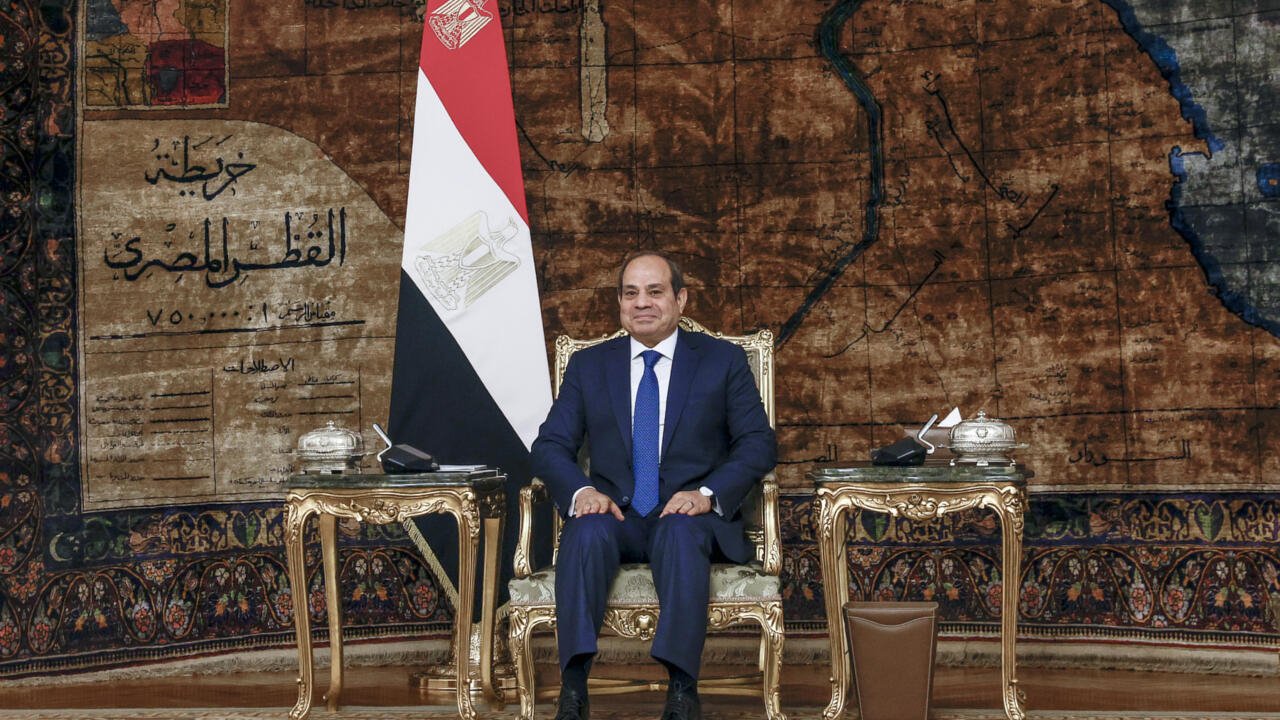The head of the United States investors’ delegation, Gentry Beach, made a striking revelation on Wednesday, stating that former U.S. ambassador Richard Grenell had been misled by deepfake technology. His comments come amid growing concerns about the influence of artificial intelligence (AI) in shaping political narratives and diplomatic opinions.
Grenell’s Alleged Misunderstanding
Speaking to journalists, Beach firmly refuted the claims surrounding Grenell’s previous remarks about Pakistan. He asserted, “Richard Grenell had been misled by deepfake technology, and his remarks about Pakistan were based on his understanding at the time. However, he now has a far better grasp of Pakistan’s reality.”
This statement marks a significant shift in the narrative, as Grenell had previously expressed critical views regarding Pakistan’s political landscape. Beach emphasized that the former ambassador had since gained a deeper awareness of Pakistan’s present situation, indicating a potential change in his stance.
AI’s Role in Diplomatic Misinformation
Beach further elaborated on the dangers posed by artificial intelligence in shaping misleading narratives. He revealed that Grenell himself had confided in him about the deceptive nature of the briefings he received online.
“I was given false briefings on the internet through artificial intelligence, although in reality, that was not the case. This left me disheartened,” Grenell reportedly told Beach.
The implications of such statements raise serious concerns about how AI-generated content can manipulate perceptions, especially among key political figures. With the rapid advancements in deepfake technology, the potential for AI-driven misinformation to influence global politics is becoming a growing challenge.
Pakistan’s Role in the War on Terrorism
Beach also took the opportunity to highlight Pakistan’s contributions in the fight against terrorism. He acknowledged the sacrifices made by the country, stating that Pakistan had lost thousands of lives in its efforts to combat terrorism. He further noted that the United States recognized these sacrifices and viewed Pakistan as an important ally in maintaining regional stability.
“The sacrifices Pakistan has made in the war against terrorism are commendable. The United States acknowledges these efforts and considers Pakistan a crucial partner in maintaining global security,” Beach remarked.
Grenell’s Deleted Tweets on Pakistan’s Political Landscape
Grenell, who served as the U.S. ambassador to Germany during the Trump administration, had previously posted several tweets regarding the release of Pakistan Tehreek-e-Insaf (PTI) founder and former Prime Minister Imran Khan. His tweets were perceived as a direct commentary on Pakistan’s internal political matters. However, in a surprising turn of events, Grenell later deleted all his tweets related to Imran Khan’s release.
The deletion of these tweets, coupled with Beach’s statements, suggests that Grenell may have reassessed his position after realizing he had been misled by AI-generated misinformation. The incident raises important questions about the reliability of digital information sources and the extent to which political figures rely on them for decision-making.
The Broader Implications of AI in Politics
The use of deepfake technology and AI-driven misinformation is not an isolated incident. In recent years, AI-generated content has been used to spread disinformation, influence elections, and manipulate public opinion. The Grenell episode serves as a cautionary tale about the potential risks of relying on AI-generated information without proper verification.
Experts warn that AI can create highly realistic fake news, fabricated speeches, and even manipulate video footage to distort reality. This can lead to significant geopolitical consequences, as seen in Grenell’s case, where AI-driven misinformation reportedly shaped his views on Pakistan.
Future Measures to Combat AI-Driven Misinformation
In light of these developments, there is an urgent need for policymakers and technology companies to address the challenges posed by AI-driven misinformation. Several measures could be taken to mitigate these risks:
- Stronger Verification Mechanisms – Governments and media organizations must implement robust verification systems to distinguish real information from AI-generated content.
- Awareness Campaigns – Public awareness initiatives can help educate individuals, including policymakers, about the dangers of deepfake technology.
- AI Regulations – Stricter regulations on AI-generated content can help curb the spread of misinformation.
- Collaboration Between Nations – Countries must work together to develop global standards for AI governance and prevent its misuse in political affairs.
Final Thoughts
Gentry Beach’s revelations about Richard Grenell’s experience with AI-driven misinformation shed light on the growing impact of deepfake technology in global politics. As AI continues to evolve, its potential for spreading disinformation must be addressed with urgency.
The case of Grenell serves as a stark reminder that even high-profile diplomats and political figures are not immune to AI-driven deception. With the increasing sophistication of deepfake technology, the need for vigilance, transparency, and technological safeguards has never been more critical.
As the world grapples with these emerging challenges, one thing remains clear: AI is reshaping the way information is consumed, and its influence on politics and diplomacy cannot be ignored.



